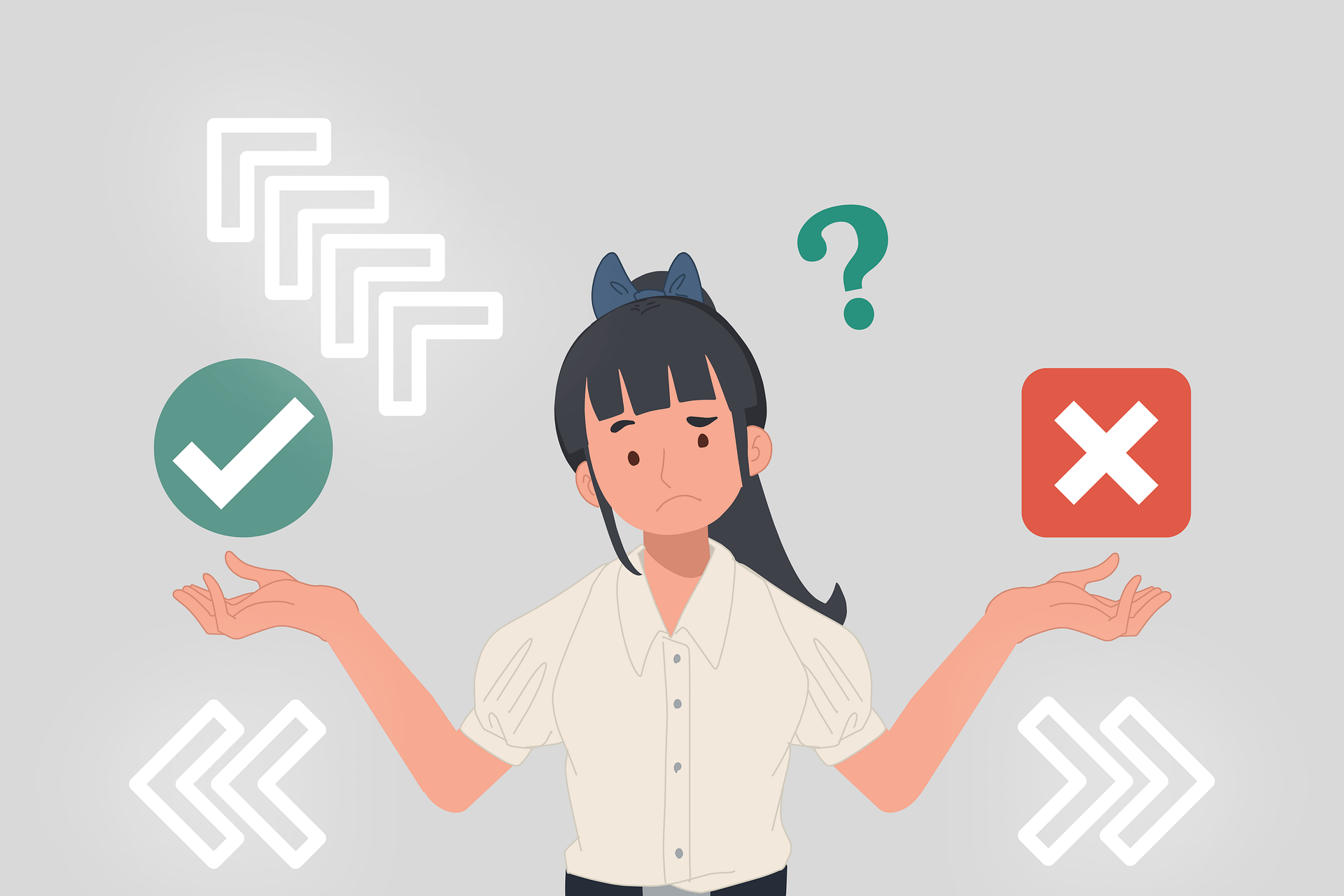Why Authenticity Matters? - The Key to Forming Genuine Relationships
So What Exactly Is Authenticity And Why Does It Matter?
At its core, authenticity is about being real. It is about being true to ourselves and our values, and being honest with others. Authenticity encompasses many qualities that I will unpack in this blog.
Being authentic can help us feel more connected to others and build deeper, more meaningful relationships. This is important in both our personal and our professional lives. If you are interested in growing your career, being authentic will support you in climbing the corporate ladder.
For companies and brands, authenticity can help build customer loyalty and provide a competitive edge.
There are many factors that can contribute to a person or company being seen as authentic. In this blog post, I will explore some of these factors and why they are important.
What Authenticity Can Add to Your Personal Life
When we are being our authentic selves, we feel more connected to others. We can build deeper, more meaningful relationships because we are being real with people. People can see us for who we truly are, and they can connect with us on a deeper level. This can lead to friendships that are based on trust and mutual respect. In our personal lives, authenticity can also help us feel more confident and fulfilled. When we are being true to ourselves, we are living in alignment with our values. This can help us feel good about ourselves and our choices.
Why Does Authenticity Matter in Business?
In a world where we are constantly bombarded with images and messages that are often edited, airbrushed or otherwise filtered, authenticity can feel like a rare commodity.
And yet, authenticity is important. It is a quality that can help us build rapport with others, foster trust and feel more connected. It can also be a valuable business asset, helping build customer loyalty and create a competitive edge.
Authenticity is vital when it comes to building rapport with your team, your clients and yourself. Being authentic with others requires being vulnerable, which can be scary. It means being open and honest about who you are, what you want and how you feel.
It also requires transparency and integrity. This means being true to your word, following through on your commitments and behaving in a way that is consistent with your values.
The good news is that authenticity is something we can all work towards achieving or growing, regardless of our current level of self-awareness or the way we have behaved in the past. It is a quality that we can cultivate through intention and practice.
“Truth is a point of view, but authenticity cannot be faked.”
How Authentic Are You?
Think about the last time you had a conversation with someone. How much of your true self did you reveal? Did you share your honest thoughts and feelings, or did you hold back out of fear of being judged or rejected? Did you allow yourself to be vulnerable, or did you put up a wall to protect yourself? The more honest and open we can be with others, the more authentic we are.
However, being authentic also requires courage. It means being brave enough to be our true selves even when it is scary or difficult. If you are worried about being judged, just remember…nobody wants judgment, but in the end we all have it. So let it roll off your back and bring your true self to conversations, relationships, client interactions and business meetings.
Here are some questions to help you reflect on your own authenticity:
How well do you know yourself?
How well do you understand your values and what is important to you?
How comfortable are you with revealing your true thoughts and feelings to others, even if they might not agree with you?
Are you able to be vulnerable with others, or do you tend to put up a wall to protect yourself?
Do you behave in a way that is consistent with your values, even when it would be easier not to?
The answers to these questions can help you get a better sense of how authentic you are. If you find that you are not as authentic as you would like to be, don't worry. Authenticity is something that we can all build and develop.
Tips on Becoming More Authentic
Be honest with yourself first: If you want to be authentic with others, then start by being honest with yourself. Get to know who you are, what you stand for and what you really want in life. This can be a process of self-reflection and discovery. Consider journaling, meditating or talking to a therapist to help you get in touch with your authenticity.
Be real: Once you have a better sense of who you are, it’s important to be genuine and authentic in your interactions with others. This means being yourself, even if it means being vulnerable. It also means being honest about your thoughts, feelings and needs.
Communicate openly: One of the key ingredients of authenticity is good communication. This means being clear and direct in your communication with others. It also means being open to hearing feedback, even if it’s tough to hear and perhaps not very pleasant.
Practice what you preach: Authenticity requires integrity, which means behaving in a way that is consistent with your values. If you say you value honesty, make sure you are honest in your words and actions. If you say you value respect, make sure you treat others with respect.
Be present: One way to be more authentic is to focus on the present moment. Be fully engaged in the here and now, instead of letting your mind wander off into the past or future. When we are present, we are more able to connect with ourselves and others in a genuine way.
If you demonstrate authenticity and vulnerability to those around you, you will find that they will feel more comfortable and confident being authentic and vulnerable with you. As a leader, share with your team that you don’t have all the answers, you don’t have it all figured out, you don’t have it all together all the time. Be genuine, show them that side of yourself. If you want them to be candid, honest and open with you, they need to see the real deal in order to feel safe sharing their own challenges.
Building authenticity can be a process of trial and error. It takes time, effort and practice; but the rewards are worth it. When we are authentic, we feel more connected to others, build deeper relationships and can even create positive change in the world around us.
Do you want more personalized help with authenticity or your leadership toolkit overall? Don’t hesitate to reach out here
Interested in Learning More About Authenticity?
Here are some additional resources that might be helpful. Please Google the titles below.
Discovering Your Authentic Leadership – Harvard Business Review
Being Authentic Is Your Duty, Not a Privilege - The Art of Authenticity
The Power of Vulnerability – Brené Brown



